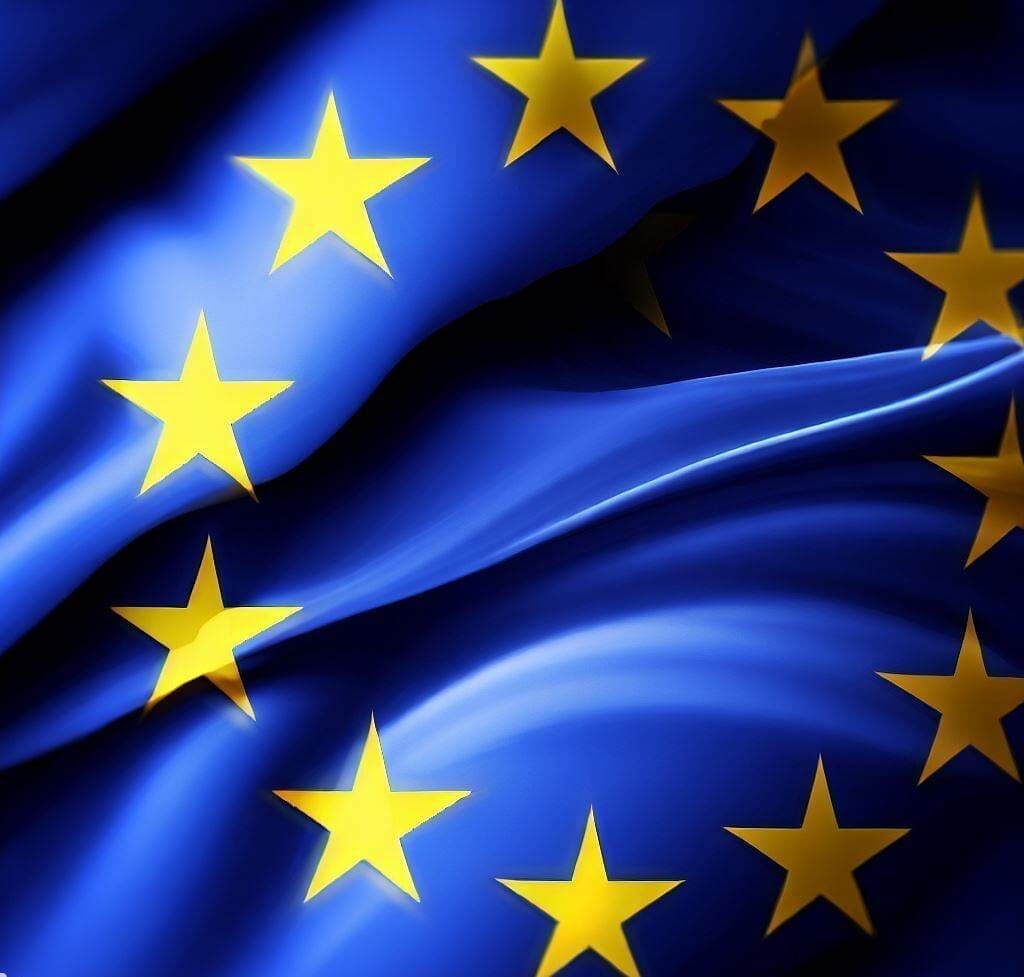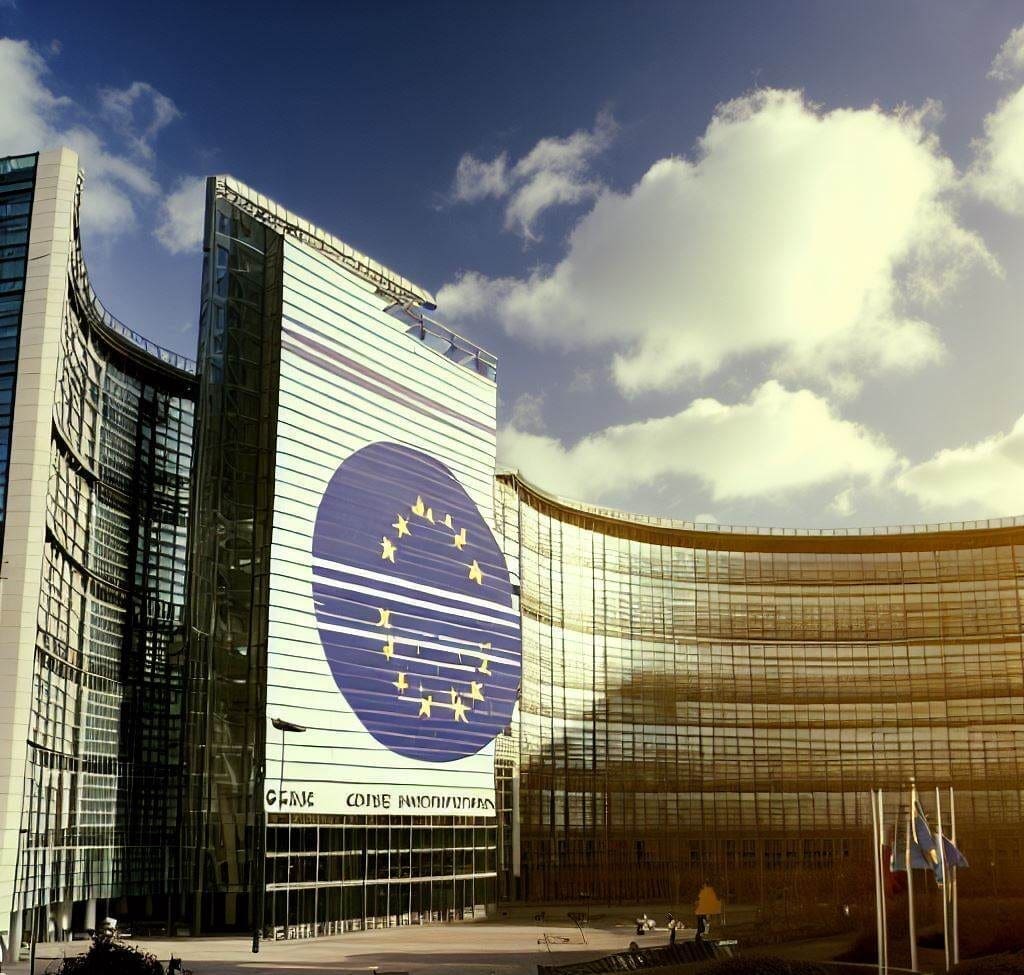Europe’s top antitrust regulator may pursue the breakup of Google’s ad-tech business after accusing the tech giant of abusing its dominant position in the online advertising technology industry.

Europe joined the U.S.’s antitrust assault on Google’s ad-tech business on Wednesday, potentially setting the stage for a protracted battle that could disrupt the broader business of purchasing and selling advertisements across websites and apps.
The European Commission, the antitrust regulator of the European Union, alleged that Google abused its dominant position in the buying and selling of online ads across third-party websites and applications to drive business to its own advertising auction house, also known as an ad exchange.
The commission’s preliminary view is that Google must divest portions of its ad-tech business to resolve “inherent conflicts of interest” in the company’s position as a digital advertising infrastructure provider. EU competition chief Margrethe Vestager stated that the Alphabet subsidiary could be required to transfer its ad server that works with website publishers and its advertising exchange.
Vestager stated at a press conference, “The pervasiveness of Google in this value chain leads us to believe that a divestiture is the only way to resolve this issue.” She added that anything short of asset sales “would allow Google to continue doing what it has been doing in a different guise.”

The Wall Street Journal reported earlier this week that the commission was considering splitting up Google’s advertising technology division.
Google will have the opportunity to respond to the formal complaint filed by the commission before any definitive judgement is rendered. If the company is found to have violated EU competition law, it may be subject to a sanction of up to 10 percent of its annual worldwide revenue, although it may appeal the decision in an EU court.
The EU’s decision to mention a potential remedy, specifically a potential divestiture, at this juncture of an antitrust case is an unusual move. Before discussing potential remedies, the EU typically waits until it has determined that a company has violated antitrust laws, and in abuse-of-dominance cases, those remedies are nearly always orders to change behaviour, not divestitures.
Vestager stated that the complexity of the ad-tech market would make it difficult for regulators to monitor Google’s adherence to its commitments to alter its behaviour.
According to Google, its ad-tech tools enable businesses to reach new customers and help websites and apps finance their content. The investigation “focuses on a narrow aspect of our advertising business and is not new,” Google’s vice president of global ads, Dan Taylor, said in a statement. He stated that the company disagrees with the commission’s position and that the company will respond accordingly.
Google has previously contested claims that its presence at various stages of the online ad-buying process provides it with an unwarranted advantage. The company has also stated that it has no plans to sell or leave the ad-tech industry.

The formal complaint filed by the EU against Google, also known as a statement of objections, is intended to notify the company in writing of the regulator’s initial concerns. It does not predict the outcome of the complete investigation, which could take up to a year to complete.
This is not the first time the commission has investigated Google for antitrust violations. The EU regulator has previously imposed three antitrust penalties totaling nearly $9 billion against the search giant. Google filed an appeal in all three cases.
The European complaint was submitted on Wednesday, several months after the U.S. Department of Justice filed a lawsuit accusing Google of abusing its monopoly power in digital ad brokerage. The lawsuit, filed in January, requests a U.S. federal court to undo what it calls “anticompetitive acquisitions” and demands the sale of Google’s ad exchange and publisher-ad server.
Vestager stated on Wednesday that EU officials worked closely with the Department of Justice in this matter. She stated, “We agree on what is beneficial for competition and how, ultimately, to address these problems most effectively.”
Google’s ad-tech division, which accounts for approximately 14% of the company’s ad revenue, is a key player in the buying and selling of digital advertisements on websites and apps throughout the internet. Google’s ad-tech business, which is largely invisible to internet users, consists of a tool for publishers to offer advertising space online, a product for advertisers to purchase that advertising space, and an exchange that automatically connects buyers with webpages as they are displayed for individual users.
Media executives, lawmakers, and regulators have long argued that Google’s dual function as a buyer and seller on its exchange gives it an unfair advantage over its competitors. The company claims that its tools are popular because they are competitive and effective, and that it has a vested interest in assisting websites in making money because it requires a thriving internet to maintain the profitability of its cash cow search engine.
Wednesday, Vestager provided examples of how Google purportedly exploits its dual role in the ad tech industry. The EU contends, for instance, that Google’s ad-server product, DoubleClick for Publishers, gave its ad exchange, AdX, “a substantial advantage over rivals” by allowing AdX to place bids after rivals, or by enabling it to see the value of the best rival bid.
In a second instance, Vestager stated that the EU investigation discovered that Google Ads, an advertising buying platform, decided to direct bids almost exclusively through Google’s AdX, making it a more attractive marketplace.
The EU’s complaint originates from an investigation EU regulators launched in 2021 into Google’s ad-tech business.
The Journal reported last year that Google attempted to settle U.S. and EU allegations against its ad-tech business by offering to split parts of the business into a separate unit under the Alphabet umbrella. However, regulators objected, stating that such a move was insufficient to address their concerns.
The company settled another competition case involving its ad-tech business in France by agreeing to pay a fine of 220 million euros, or approximately $238 million, improving data access for its ad-tech competitors, and promising not to use its data to sell advertisements in a way that rival companies could not replicate.


